The Author
Jacqueline Suskin has composed over forty thousand poems with her ongoing improvisational writing project, Poem Store. She is the author of six books, including Help in the Dark Season. Her work has been featured in the New York Times, the Atlantic, and Yes! magazine. She lives in Northern California. For more, see jacquelinesuskin.com.
The Book
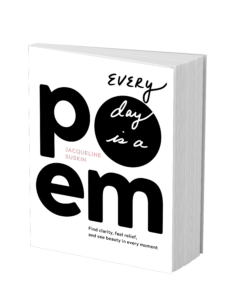
How do we deal with the heaviness of everyday living? When we are surrounded by uncertainty, distrust, and destruction, how do we sift through the chaos and enjoy being alive?
In Every Day Is a Poem, Jacqueline Suskin aims to answer these questions by using poetry as a tool for finding clarity and feeling relief. With provocative questions, writing practices, and mindset exercises, this celebrated poet shows you how to focus your senses, cultivate curiosity, and create your own document of the world’s beauty. Emphasizing that the personal is inextricable from the creative, Suskin offers specific instructions on how to make a map of your past and engage with your pain to write a healing poem.
Show us a day in your life.
I’m currently the Artist in Residence at Folklife Farm, where I spend my days writing, reading, teaching online and working in the garden.
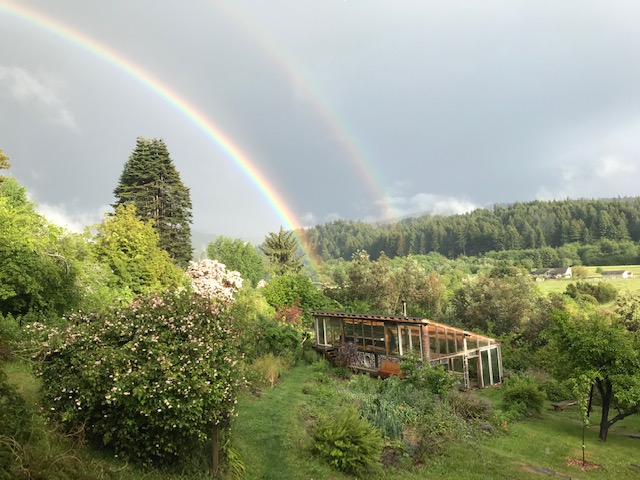
I wake up and take care of my body, dance, stretch, and harvest something for breakfast.
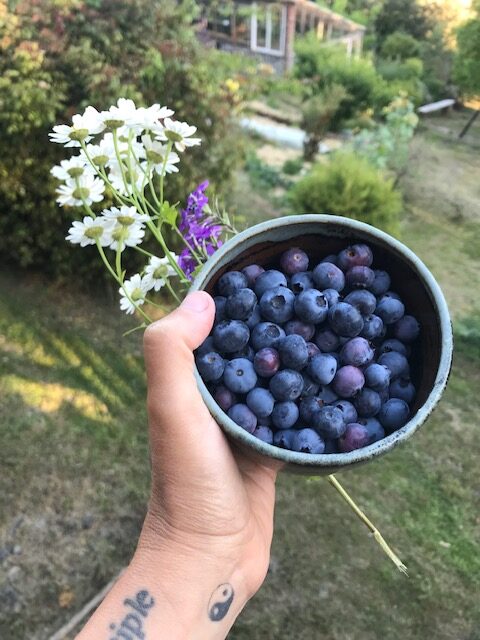
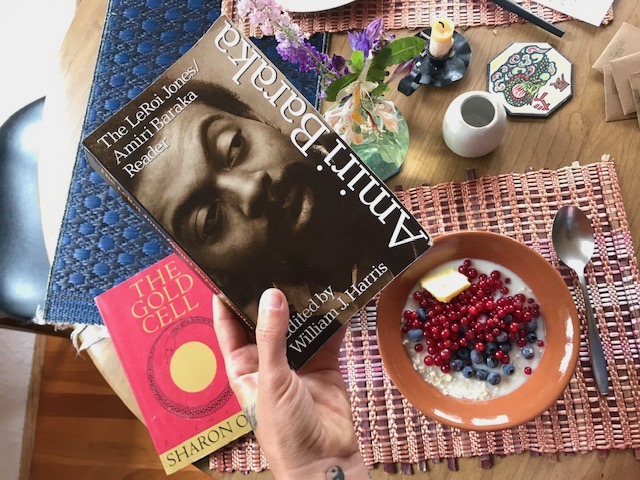
Then I usually work at my desk until late afternoon when I find my way back to the garden for more harvesting and chores.
When I’m working on a book, I’ll wake up around 4 am to write before anyone else is awake. I know that whenever I wake up in the dark with an idea, it’s my job as a poet to turn the light on and write it down.
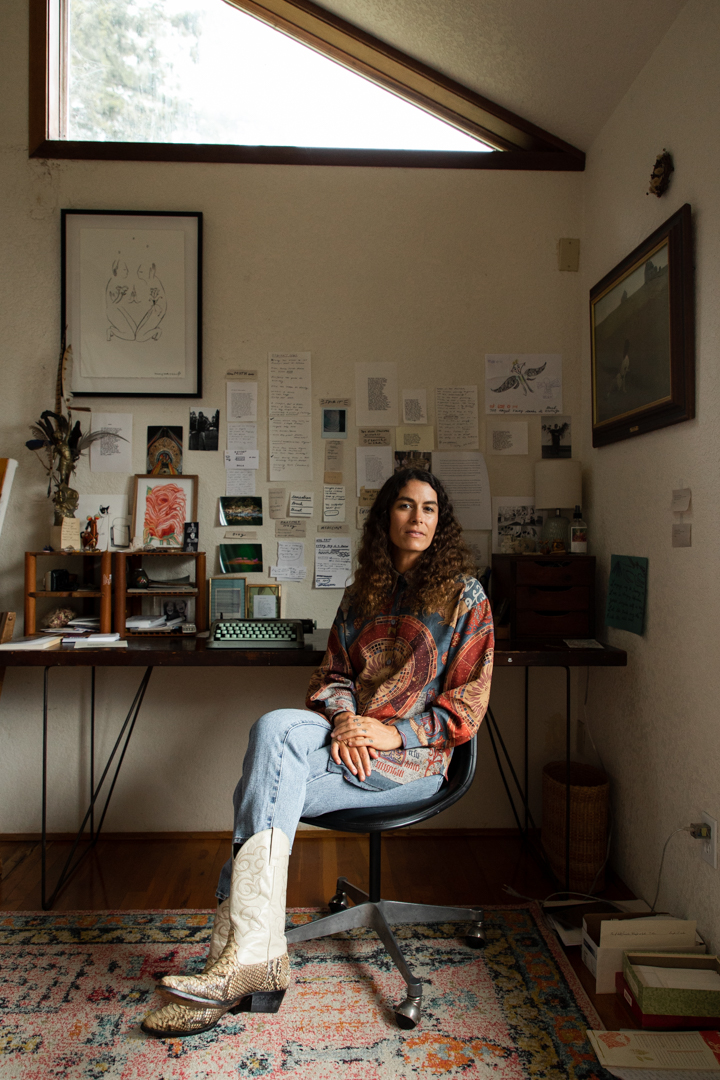
With this schedule, my days are fluid; and although I make showing up at my desk a main priority, I never forget that it’s summer and there are rivers to swim in, flowers to smell, and berries to pick.
Are you learning any new tricks or skills during this time (COVID)? What’s been hardest for you? What do you miss the most? Has your book taken on a new meaning in the world’s current circumstances? Is there anything you would have included in your book if you were writing it now?
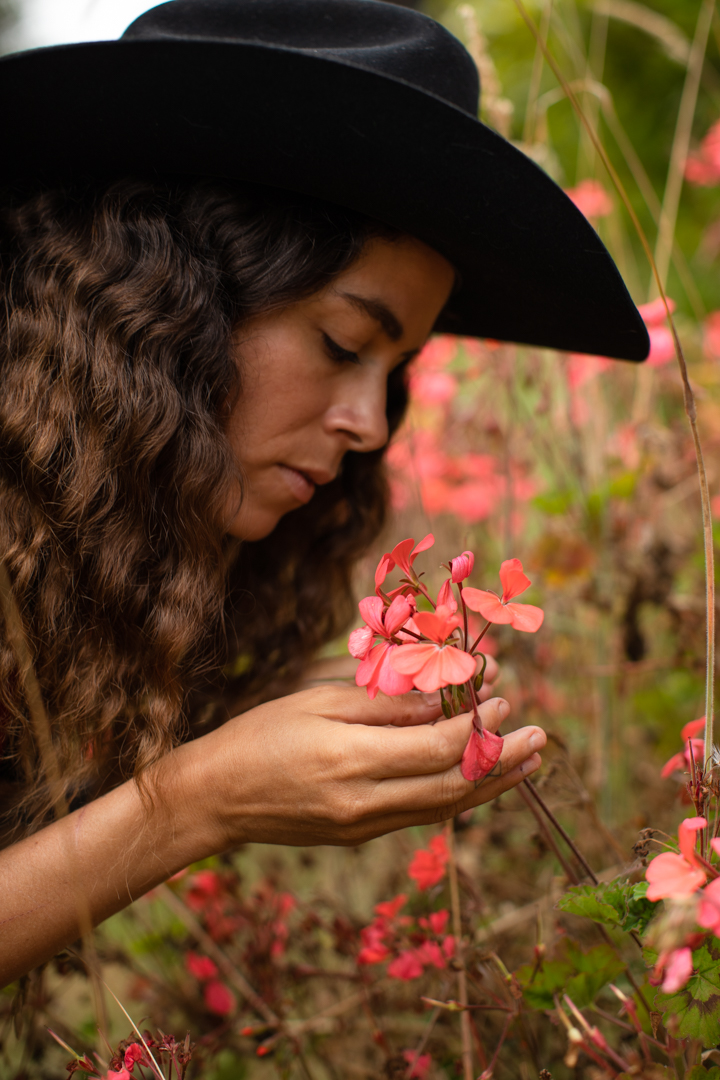
During quarantine, I had to shut down the retreat program I was running at Folk Llife Farm. This was a sad shift, as we had folks signed up to stay for months in advance. Now that I’m not spending my time hosting or interacting with my local community in person, I’m engaging with my online community in a larger capacity. I miss sitting in front of my audience, writing for people after looking them in the eye, and I really miss browsing bookstores. I miss hugging my friends, having teatime and long conversations, and I miss going on tour. But I can’t complain. Poetry has its place in the world now more than ever. I’m here to translate the communal mood, to voice our collective pain, and find the beauty in all of it. My book will help others do this as well. And if there’s one thing COVID has taught me, it’s that we all need an outlet for our emotions, especially when we feel unseen and disconnected. Poetry is this outlet and we can still share it even if we can’t be with one another in person.
What is something about you that doesn’t make it into your author bio?
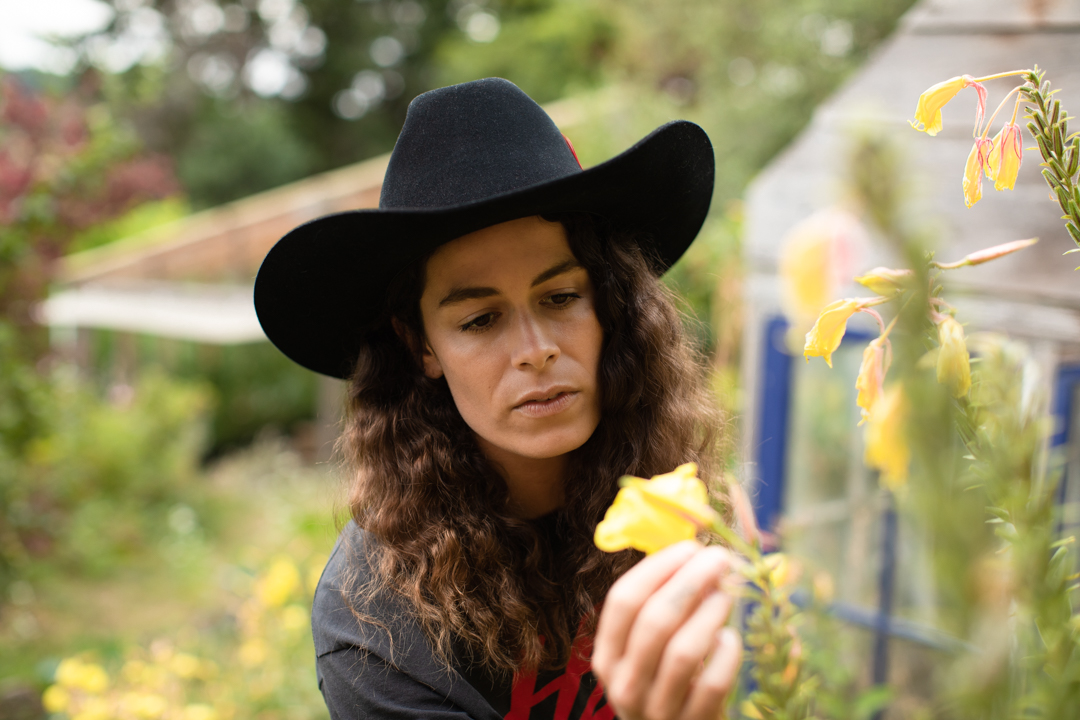
I’m an ecstatic earth worshiper. Everything I do, every word I write, is attached to the idea that when my readers discover healing through my words, when they transform and become better by way of my work, they’ll in turn treat themselves, each other, and the earth better. This planet is a perfect gift and humans have ruined so much of it. Through my efforts as a poet, I hope to pay tribute to the earth and offer up ways for humans to change their relationship to our one and only home.
Photos of Jacqueline Suskin by James Adam Taylor
Photos around Folklife Farm by Jacqueline Suskin
Learn More

Sounds True | Amazon | Barnes & Noble | Indiebound | Bookshop
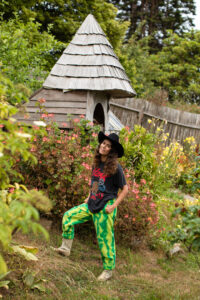
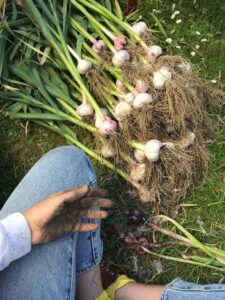
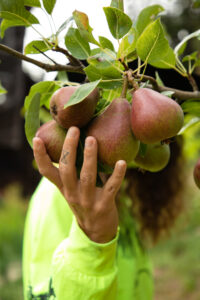

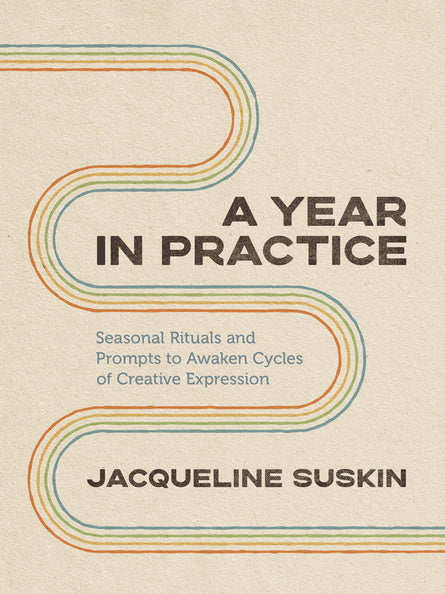


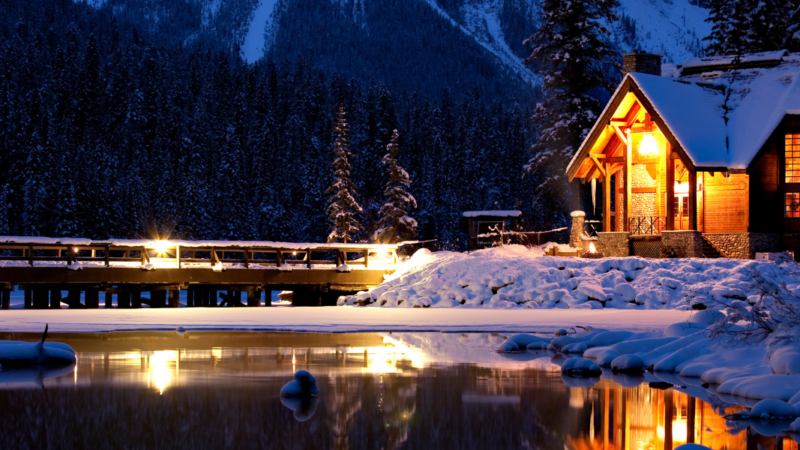
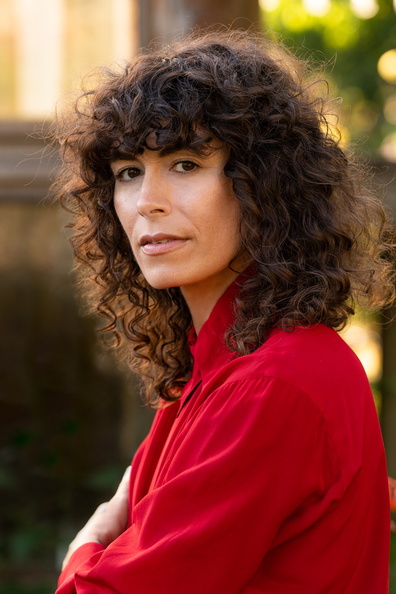
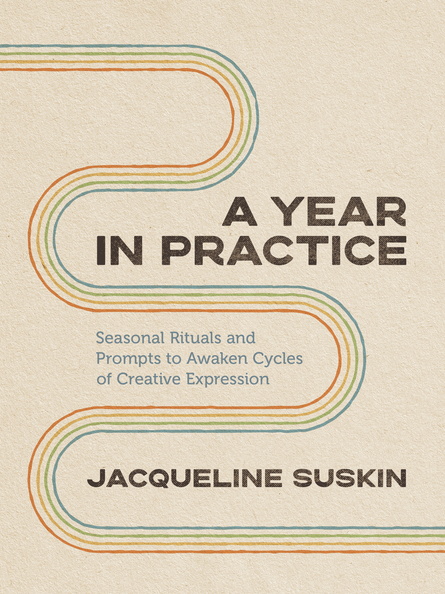
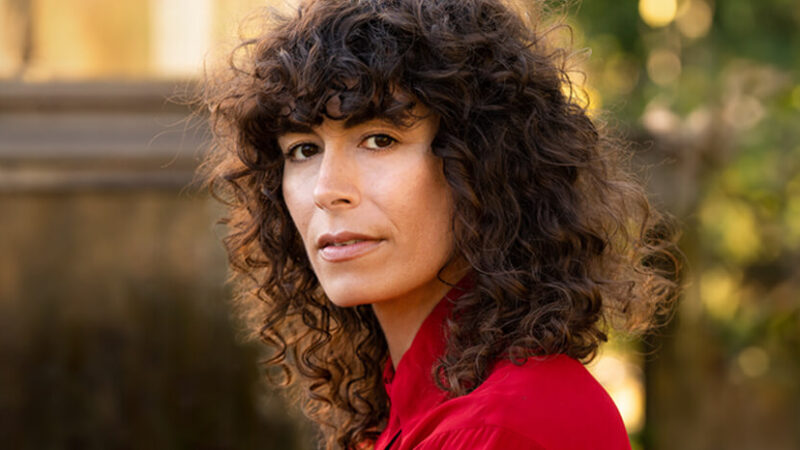
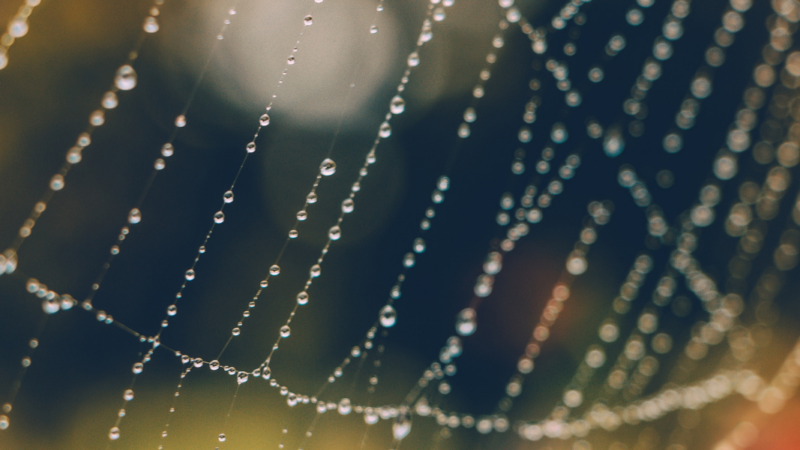
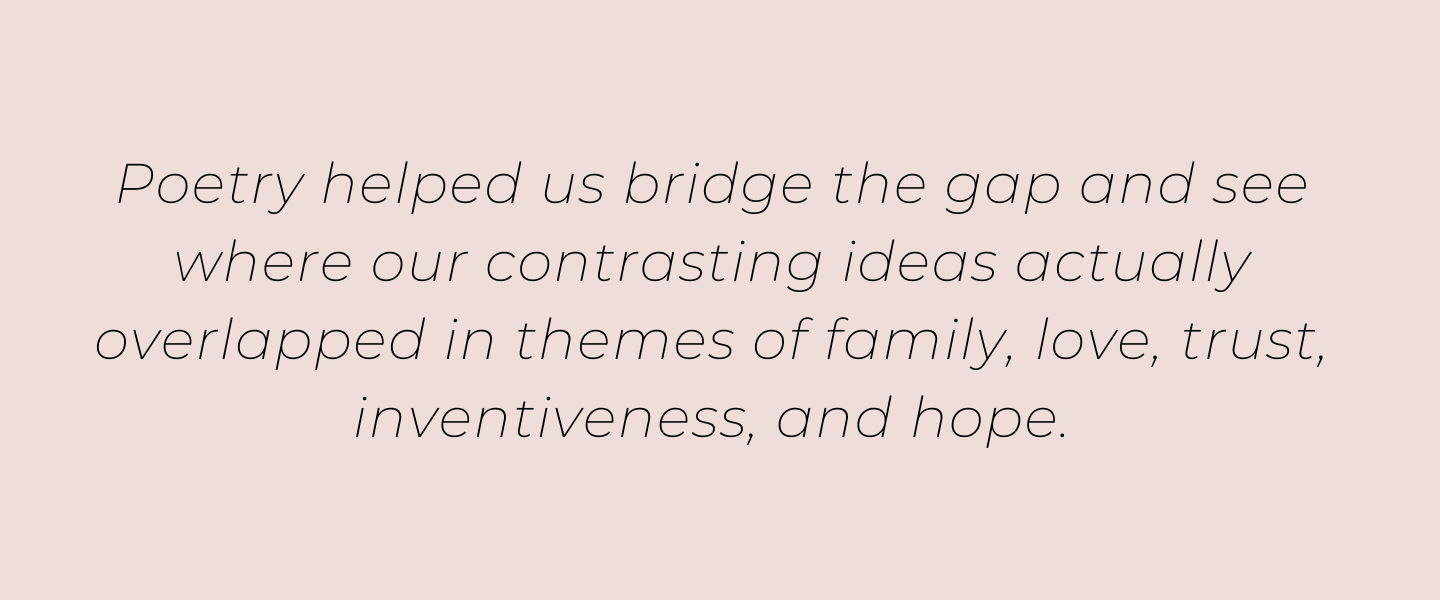

 Jacqueline Suskin
Jacqueline Suskin



